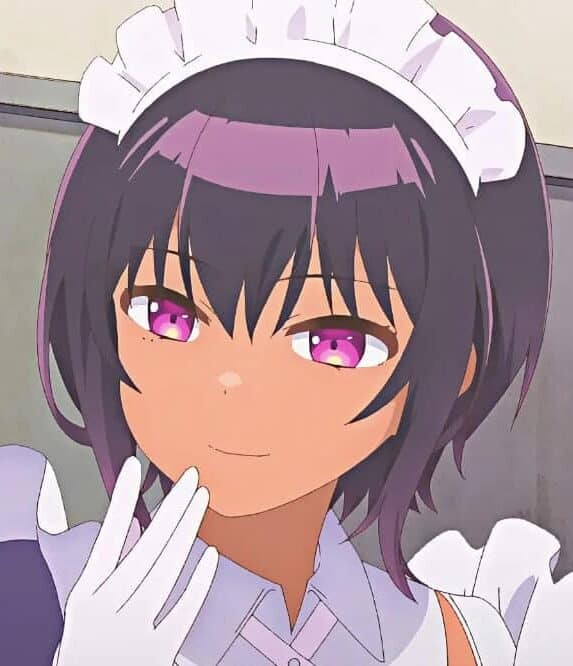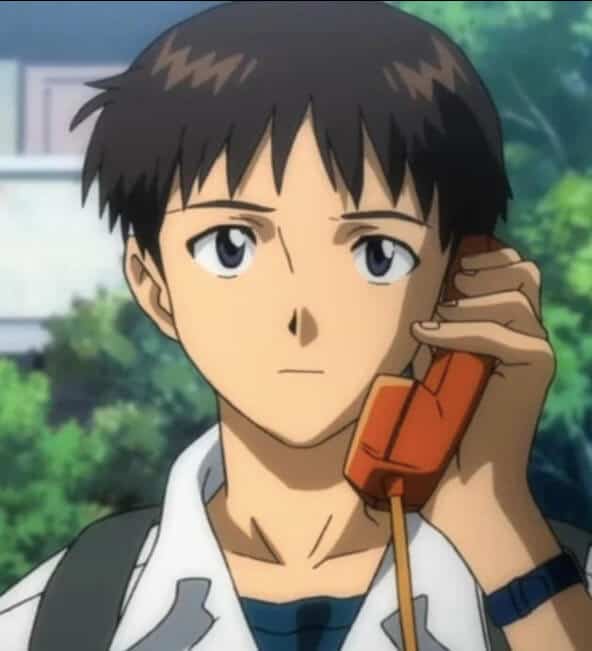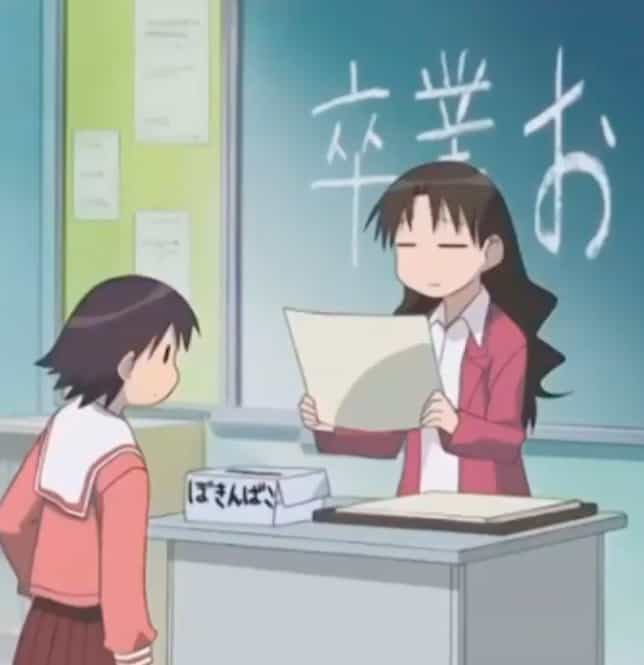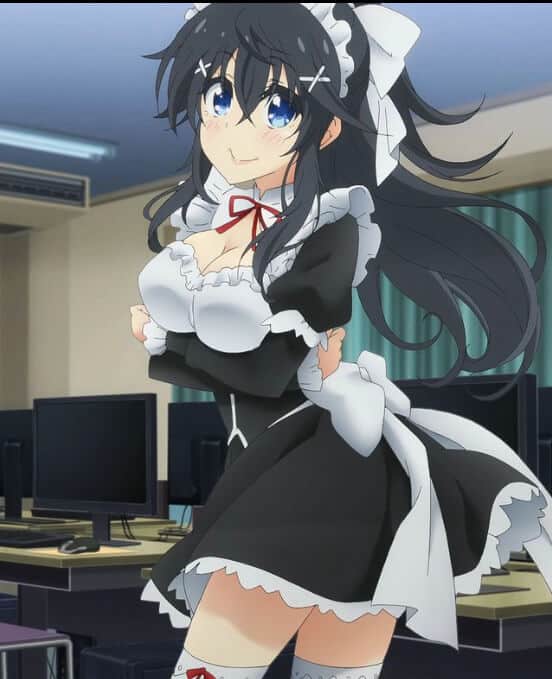Wondering what’s the meaning of waifu and husbando in Japanese? Check it out here!

"Waifu" and "Husbando" are terms that have transcended Japanese otaku culture to gain international recognition.
Stemming from the English words "wife" and "husband," these terms are affectionately used by fans for their favorite female and male characters in anime and manga, signifying a deep admiration and pseudo-relationship with fictional personas.
What Is The Meaning of Waifu and Husbando in Japanese?
In Japanese pop culture, "waifu" refers to a fictional female character from anime, manga, or video games to whom a fan feels a strong affection, often considering her an ideal wife. "Husbando" is the male equivalent, denoting a fictional male character that a fan admires or claims as an ideal husband.
These words are often used by people who are in love with anime characters. It is more or less like an emotion to express the degree of love they have for the fictional character. It is not limited to anime but also spreads across manga and visual novels.
Women use the term "husbando", which basically means "husband" in English. On the other hand, men use the term "Waifu,” which means "wife" in English. It might seem that the words are affectionate, but there’s a darker side to it as well.

You must be wondering what could possibly be wrong with having a Kawaii name, right? Well, the world of otaku is darker than it seems.
When people of this community tend to associate fictional characters as their waifu or husbando, they are attaching more than a name. They try to do everything in their power to ensure that the character is exclusive to them.
Before we go ahead and talk more about it, let us understand how the term came into existence.
- Related: Meaning of Shinzou Wo Sasageyo
Origin of Waifu And Husbando
In the urban dictionary, the word mai waifu was first mentioned in the year 2007. Although it feels recent, the word has been existing in the otaku culture since the 1980s.
Through different phases of time, the word has been used to describe the dynamics between husband and wife.
Slowly, the words started to sound more offensive to young couples.
For example, the word for wife, “Kanai” means “inside the house." Young women felt that this was a derogatory term. On the other hand, the word for husband was “shujin or danna,” which roughly translates to "master."
Given that the words were not exactly explaining the relationship between the couple, people adopted the English word, "husband and wife." Soon, the pronunciation changed and it turned into waifu and husbando.
The new words were soon picked up by American anime fans to describe their favourite characters. The first usage of this word in an anime was in the year 2002. It is called Azumanga Daioh.

In this anime, there is an exchange of dialogues between a teacher (reputed to be a pedophile) and his students. The scene had the dialogue - “Mai Waifu." Since then the word has spread across like fire.
On the other hand, the word husbando has no such origin. Summing up, both the words are used to describe the anime character that one would like to marry in real life. The person would do anything to protect the imaginary relationship they have with the character.
Dark and Unhealthy Side
As mentioned above, the words have a darker side to them. Obsession with an anime character can be unhealthy in many ways.
The person tends to channel all their energy into a relationship with someone that doesn’t exist in real life. They tend to act and feel real emotions like anger, love, and even sexual urges for the character.
Some people might not take it seriously. On the other hand, there are people who take it seriously to another level. For example, they might wear wedding bands to symbolise their relationship with their waifu/husbando.
They might base all of their life decisions on what their favorite character says. This can be done by understanding and reading about the character to the point that one can predict what they would say in a situation. All in all, they treat the anime character as a real life figure.

Not only this, there are online communities that spend hours talking and creating content around the character. This affects their social lives and cuts them off from society. Some people are even married to the 3D model of their waifu or husbando.
The people in the online community are aware that the character doesn’t exist in real life and is a fragment of imagination.
The obsession does not end here. There’s more to it. The sexual component plays a huge role in this obsession. Some people view sex with their waifu/husbando as a part of marriage. On the other hand, some feel that it is not good practice. The latter usually happens when the character is underage.
One of the weird practice that exists in the community is Dakimakura. It is basically a life size pillow of the favorite character. Although the pillow comes in different sizes, one can buy it online.
It is not weird to own such pillows, but it is weird to take them out in public and pretend that they are a real person.
Things go south here, given how the thin line between fiction and reality doesn’t exist anymore for them. All of these people dedicate themselves to the 3D world to avoid being socially active.
- Related: Meaning of Kanpai
Famous Waifus and Husbandos in Anime
Now that you know about the terms and the whole community, read more about famous waifus and husbandos. You wouldn’t believe that there are famous characters with a huge fan following who are dying to marry them!
List of Famous Waifu
- Rem (Re:Zero)
- Tohru (Miss Kobayashi's Dragon Maid)
- Hinata Hyuga (Naruto)
- Ezra Scarlet (Fairy Tale)
- Zero Two (Darling in the Franxx)
- Mikasa Ackerman (Attack on Titan)
- Yoruichi Shihoin (Bleach)
- Kaguya Shinomiya (Kayuga Sama: Love is War)
- Miku Nakano (The Quintessential Quintuplets)
- General Esdeath (Akame Ga Kill!)

List of Famous Husbando
- Gojo Satoru from Jujutsu Kaisen
- Levi Ackerman from Attack on Titan
- Manjiro Sano from Tokyo Revengers
- Taiga Kagami from Kuroko No Basket
- Ichigo Kurosaki from Bleach
- Yuno from Black Clover
- Toru Oikawa from Haikyuu!!
- Howl from Howl's Moving Castle
- Usui Takumi from Kaichou Wa Maid-Sama
- Tomoe from Kamisama Kiss

How Do Such Words Affect the Young?
In talking about the otaku community, who are obsessed with anime and manga, the terms are used on a regular basis. When it comes to young people, all of it depends on the kind of media they consume.
Some forms of media portray the healthy side of using descriptive terms like these. On the other hand, there are various media that show the dark and derogatory side.
For example, some Reddit communities are clean and focus on talking more about the characters and how the story revolves around them. Whereas, some website sexualisies the character to fulfill certain fantasies.
In the long run, one needs to keep a check on what they are consuming. Some things might have an effect on how they perceive the world. Solely consuming anime, manga, or visual novels might build unrealistic expectations of the real world. On the other hand, some can also develop social anxiety that will lead to having no friends.
- Related: What does Baka mean in Japanese
Although it is not completely wrong to relate to fictional characters, some people develop a connection with them and start considering them as their partner. It is not a mental illness, but it all depends on how other people perceive it.
One should know that fictional characters do not exist in real life. It is important to keep an eye on how one behaves and not cross the limit.
Concluding, the youth are already following the trail of being obsessed with fictional characters. Other people look down upon them without understanding the reason behind the obsession. As stated above, some relate to the character, which makes it easier for them to survive in a difficult world.
Conclusion
Waifu and husbando - the terms were coined years ago and are still followed by people. It basically means "wife and husband" in English. They are used to describe a connection with characters from manga, anime, or visual novels. The person will associate strong feelings and emotions with the character and treat them as their partner.
Some might even treat the character as if they existed in real life. From anime figures to pillows, they cannot get enough of them. There is a darker side to using such terms. One loses the perception of reality and devotes most of their energy towards an unreal relationship.
While it should not be counted as a mental illness, there are certain limits that should not be crossed. Sexualising characters that might be underage have long term effect on the mentality of the person.
Moreover, such an obsession might also affect the social life of a person. Lastly, there are a lot of words to describe a connection to a fictional character. Two of the most famous and frequently used words are in fact - waifu and husbando.




